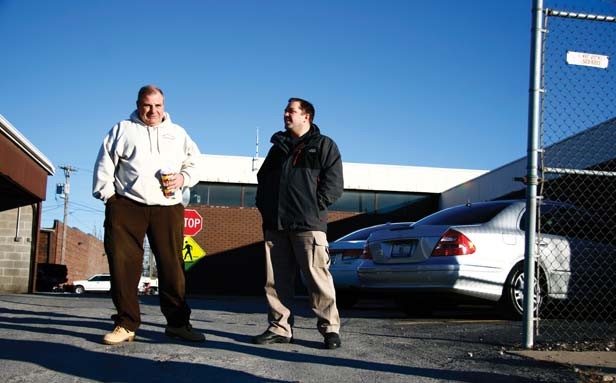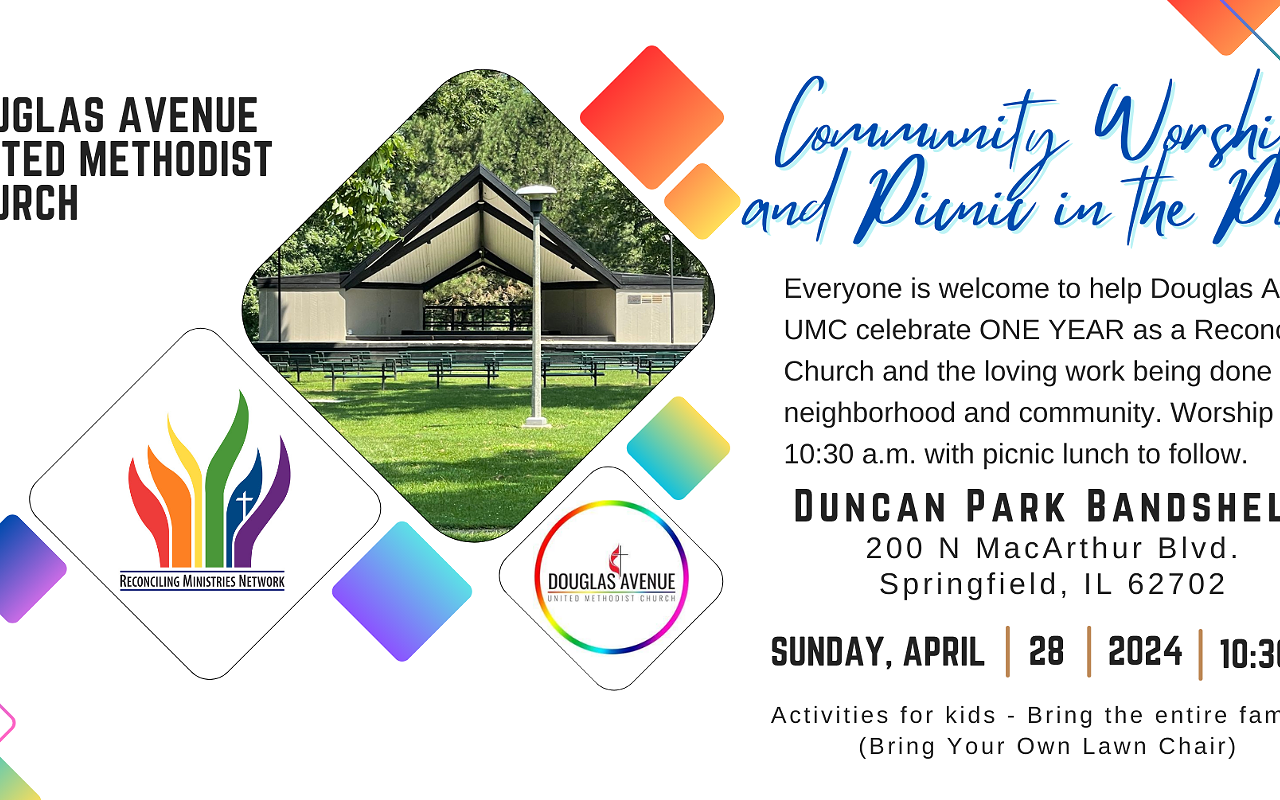
A Sangamon County judge has ordered a Springfield city government committee to hold open meetings following a lawsuit by an Illinois Times reporter.
Bruce Rushton, a staff writer for Illinois Times, filed a lawsuit against the city’s Joint Labor Management Health Committee after a closed-door meeting on Jan. 10 in which the committee decided to extend benefits to the civil union partners of city employees and retirees. Rushton’s lawsuit sought to compel the committee to hold meetings in public view under the Illinois Open Meetings Act.
Sangamon County Associate Judge Brian Otwell issued a preliminary ruling Feb. 15 declaring the committee a public body and ordering the committee to follow the Open Meetings Act instead of a related law governing collective bargaining. The Open Meetings Act requires public notice of meetings to be posted beforehand and sets limits on when public bodies can meet without the public present.
During a Feb. 3 hearing on the case, attorneys for the City of Springfield, the American Federation of State, County and Municipal Employees (AFSCME) Council 31, and the Springfield Police Benevolent and Protective Association argued that the committee is not a public body because it handles collective bargaining, which is partially exempted from the Open Meetings Act. Otwell rejected that argument in his decision, calling it “obvious” that the collective bargaining exemption “cannot bargain away the public’s right to know regarding final actions taken with regard to public policy issues that do not directly implicate the process of collective bargaining.”
The committee handles more than just collective bargaining, Otwell noted, adding that collective bargaining negotiations that come before the committee could still prompt a closed “executive” session.
“lt should be clear from the above that this Court, by finding the Committee is a public body, is not indicating that meetings to discuss collective negotiating matters between the City and its employee representatives must or should be open to public scrutiny,” Otwell’s ruling states.
Rushton’s attorney, Donald Craven of Springfield, argued during the Feb. 3 hearing that the committee is a public body because it sets public policy. Holding closed meetings allowed for no oversight by the Springfield City Council, Craven said.
Mark Cullen, corporation counsel for the City of Springfield, countered that while the city council doesn’t formally approve decisions of the committee, the council can approve or disapprove its decisions by deciding whether to fund things like civil union benefits.
On Feb. 9, the city requested that Rushton post a monetary bond of an unspecified amount as “payment for such costs and damages as may be incurred or suffered by any party who is found to have been wrongly restrained or enjoined.” The bond, on which Otwell made no ruling, would have helped defray the city’s costs in case other lawsuits arose as a result of the committee’s decision being nullified.
“Should Plaintiff (Rushton) initially prevail and the final action of Defendant Committee be declared null and void by this Court, the Defendant City of Springfield is then exposed to liability from numerous sources,” wrote Megan Morgan, an assistant corporation counsel for the city, in a court filing asking for the bond. “The civil union partners of City employees would each have a cause of action. The American Civil Liberties Union previously indicated an intent to litigate the Committee’s preliminary decision to deny coverage and would surely do so if the final action is reversed.”
Craven responded in a court filing by saying the city only has itself to blame.
“If the Civil Union law requires the same insurance benefits to civil union couples as married couples, then the City exposed itself to this liability since July 1, 2011, when the new Civil Union law took effect,” Craven wrote.
Cullen said the decision upsets work the city already began toward offering benefits and may hamper the city’s ability to negotiate with unions.
“Our first reaction is that we’re very disappointed in the ruling,” Cullen said. “It throws into question quite dramatically whether and to what extent we can conduct collective bargaining other than in a public meeting.”
Roger Griffith, staff representative for AFSCME Council 31, had a similar reaction.
“We are concerned that the court order may impede our efforts to work with the city in exploring ways to reduce the city’s health insurance costs and to improve the health of city employees,” Griffith said in a prepared statement. “Those efforts have been successful so far, but are largely dependent upon the ability to candidly explore an array of options. We have always supported the public’s right to know the outcome of those decisions.”
Anthony Martinez, executive director of The Civil Rights Agenda, which advocates for lesbian, gay, bisexual, transgender and queer citizens in Illinois, said his group supported the lawsuit despite the fact that an outcome against the committee would nullify the committee’s decision to offer benefits to the civil union partners of city employees and retirees.
“Stepping on already established civil rights to gain further civil rights is usually not the best way to go about it,” Martinez said. “We supported it because we support the Open Meetings Act. In the end, those rules should be followed, and they weren’t, so to us this case was a valid case.”
He hopes the committee repeats its decision in a public meeting.
“We would really like to see the committee hold an open meeting as soon as possible to ensure that the benefits are still available to couples in a civil union by March 1,” he said.
Otwell's ruling only addressed whether a violation of the Open Meetings Act occurred, however, so it doesn't put the case completely to rest. Both sides have submitted further arguments to the court, which Otwell will likely consider before issuing a final ruling.
Contact Patrick Yeagle at [email protected].



















